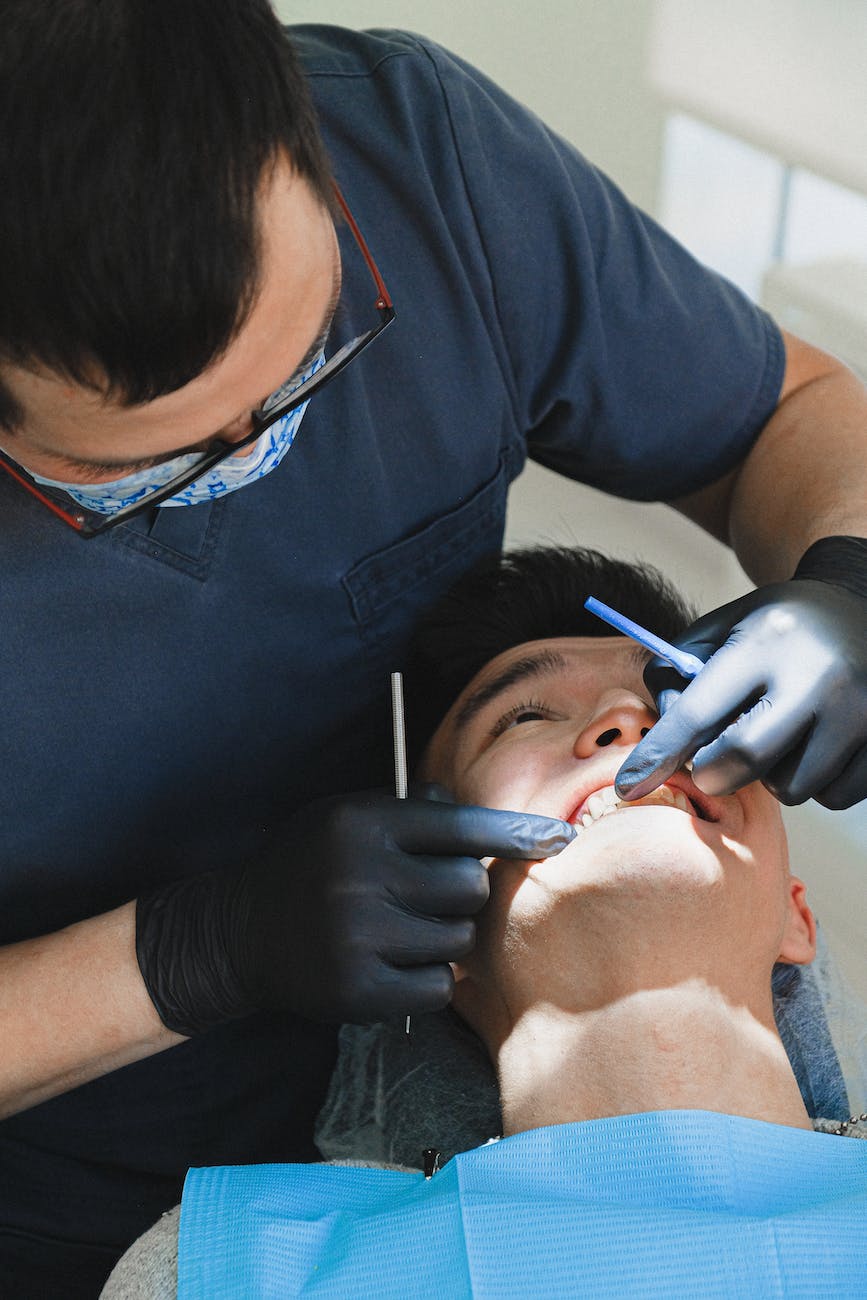
Dentist
Dental anxiety is a prevalent concern affecting individuals of all ages, with children and adults often facing apprehension when visiting the dentist. This unease can stem from various factors like fear of pain, negative past experiences, or the anticipation of invasive procedures. Effectively managing this anxiety is crucial not only for a more pleasant dental experience but also for maintaining oral health, as it can prevent people from delaying or avoiding dental visits.
Addressing dental anxiety requires a tailored approach that considers the unique experiences and needs of each individual. For children, establishing a positive association with dental care early on is key to alleviating fear. This could involve dental professionals using child-friendly language, creating a welcoming environment, or parents participating in trust-building activities before the visit.
For adults, strategies may include clear communication about procedures, exploring sedation options, or utilizing relaxation techniques. Remaining informed about the steps of a dental procedure and understanding the role of dental health in overall wellbeing can empower patients and mitigate feelings of helplessness that often accompany anxiety. By adopting appropriate measures, both children and adults can overcome their apprehension and undertake dental visits with confidence.
Understanding Dental Anxiety
Dental anxiety is a common issue that affects individuals of all ages, often resulting from past experiences, fear of pain, or the unknown aspects of dental procedures.
Causes of Dental Anxiety
The origins of dental anxiety are multifaceted and can be deeply personal. The following are typical causes:
- Past Experiences: Negative dental experiences, especially during childhood, can leave a lasting impact.
- Fear of Pain: Anxiety often stems from the anticipation of pain, whether from prior pain during dental visits or stories shared by others.
- Loss of Control: Patients may fear the lack of control while sitting in a dental chair, unable to see what’s happening.
- Embarrassment: Personal nature of dental treatments may lead to discomfort with someone being in close proximity to one’s face and mouth.
Signs and Symptoms
Dental anxiety manifests in various ways, from physical reactions to psychological responses. Indicators include:
- Physical Symptoms: Sweating, increased heart rate, and even fainting are common physical signs of dental anxiety.
- Avoidance Behavior: Delaying or avoiding dental appointments is a significant symptom.
- Emotional Distress: Feelings of distress, crying, or signs of panic observed when faced with dental treatment.
Managing Dental Anxiety
Managing dental anxiety involves employing effective strategies to reduce stress and fear associated with dental visits. Both preparation and professional interventions by a practice that offers dental services for the family play a significant role in ensuring a more positive experience.
Preparation Strategies for Children
Children often feel anxious about the unknown. Parents and caregivers can help by discussing what to expect in simple, positive terms. Role-playing the dentist visit at home can also ease nerves. Use a fun story involving characters going to the dentist or play with a dental kit to familiarize them with the process. Furthermore, scheduling a pre-visit to the dental office allows kids to meet the dentist in a non-threatening situation.
Techniques for Adults
Adults benefit from different techniques to cope with dental anxiety. Mindfulness and deep breathing exercises can be practiced to mitigate stress. Adults should also be encouraged to schedule their dental appointments at a time when they are less likely to be rushed or anxious. Listening to music or podcasts during the appointment can also serve as a distraction from the procedure.






